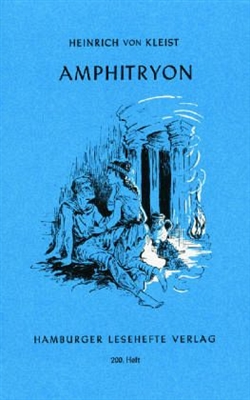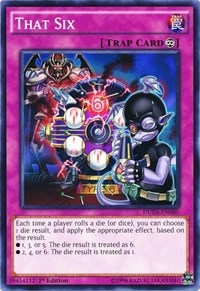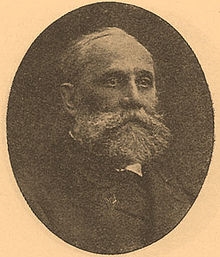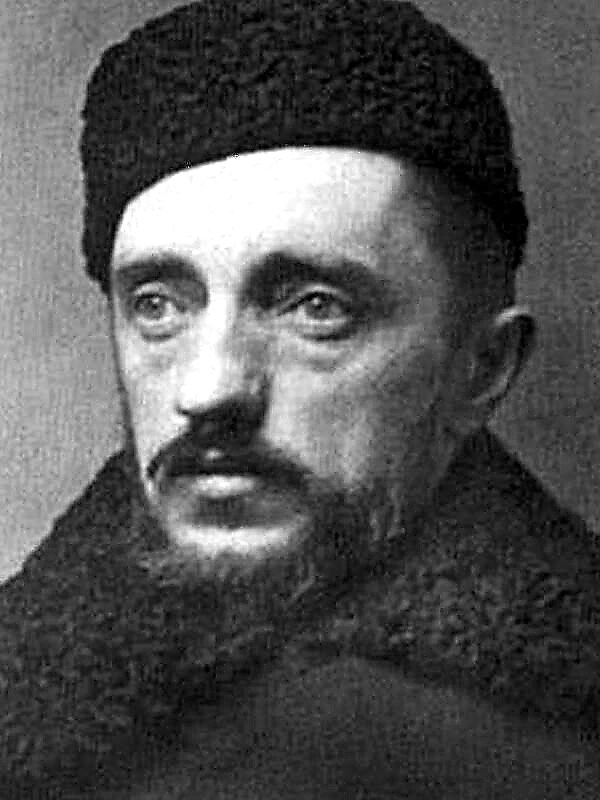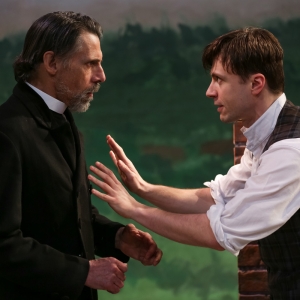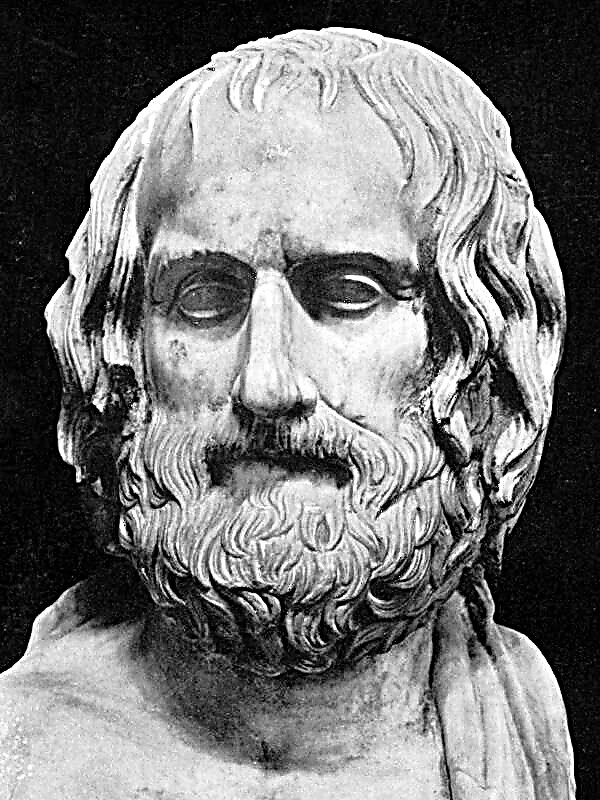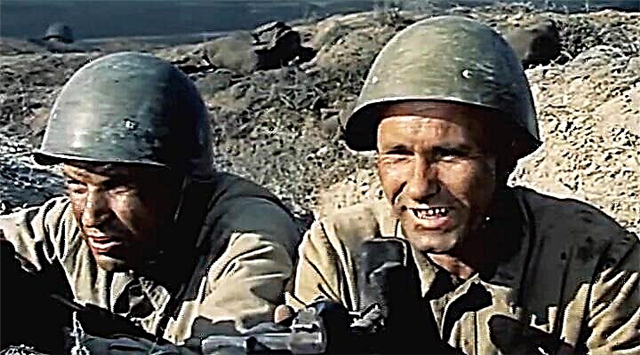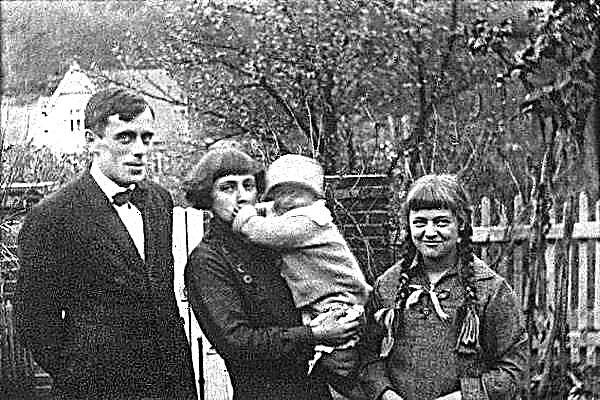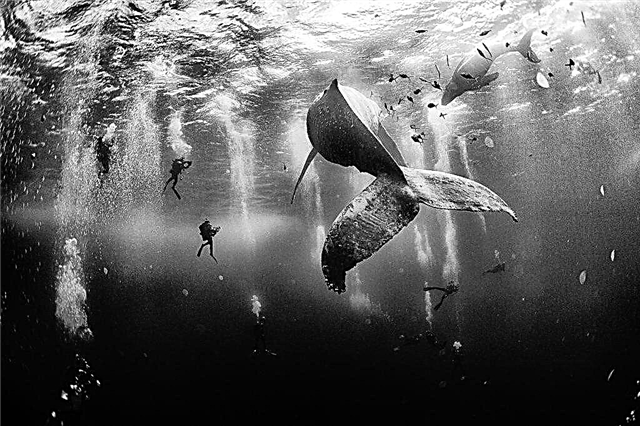Near the road from Derbent to Tarki, on the left of which the peaks of the Caucasus feathered by the forest rise, and on the right the coast of the Caspian Sea, which is always murmuring like humanity itself, falls, lies the Dagestan village. There in May 1819 there was a holiday.
The Caucasian nature is charming in the spring, and all the inhabitants, taking advantage of the peace of this pacified land, settled down in the valley and along the slopes to enjoy the daring games of mountain youth. The horseman, distinguished from all by his beauty of face, slim figure, thoroughbred horse, wealth of clothing and weapons, was the nephew of the Tarkovsky ruler (shamkhal) Ammalat-bek. His art in dzhigitovke, in the possession of a sword and shooting had no equal. He who once saw him shooting a horse’s horseshoe from a pistol in a gallop will never forget that.
On the same day in the evening, the young beck receives an honored, but also dangerous guest. A highlander of the kind of proud and formidable, Sultan-Ahmet Khan of Avar was once a general of the Russian service, but the arrogant disposition and the unfaithful nature of an Asian forced him to commit treason, and now, not only for the massacre that he perpetrated by him, the Russians were looking for him to settle accounts with him . To the reproaches of the khan that it was not worth it to play such a daredevil when the native mountains were covered with a flood of holy war with the infidels, Ammalat answered with due prudence, but when a Russian officer appeared to capture the rebellious khan, the duty of hospitality forced him to prevent this. Sultan-Akhmet struck the Russian with a dagger - now Ammalat is guilty before the authorities and must flee in order to participate in raids on the peaceful side together with the khan.
Soon, however, their enterprise, made in alliance with the formidable Chechens, ended in failure, and here is the wounded Ammalat in the house of the Avar Khan. His wounds are severe, and upon his first return from oblivion, it seems to him that he is already not on earth torn by hostility and bloodshed, but in a paradise appointed for the faithful, for who else is the young guria correcting his cover? This, meanwhile, is Celtaneta, the daughter of a khan, who fell in love with a wounded youth. Ammalat answers her with deep and passionate love, which often imperiously embraces the virgin heart of an Asian. But where love triumphs, parting is coming - soon the khan sends the recovering young man to a new raid ...
For a long time, Russian Cossacks from the fortified Caucasian line, not only in their clothes and appearance, but also in their military skills, became like the Highlanders and now give them a glorious rebuff, despite the agility and desperation of the attackers. Abrek-dzhigits, on the run looting without restraint, this time managed to recapture both captives and a large herd of horses, but at the crossing of the Terek they were overtaken by Cossacks, to whom the Russian cannon hit the buckshot. Here the abreks enter the last battle, singing the "death song" (translation from Tatar): "Cry the beauties in the mountain aul. / Edit the wake for us. / Together with the last well-aimed bullet / We leave the Caucasus."
A blow to the head with a butt hit the young brave man Ammalat on the ground.
Colonel Yevstafy Verkhovsky, who served at the headquarters of the Commander-in-Chief of Russian troops in the Caucasus, wrote to his bride in Smolensk: “... Youth and beautiful makings of the captured Dagestan bek delivered to us had such a strong effect on me that I decided to ask Alexei Petrovich to protect him from the inevitable the gallows. General Ermolov (who did not see him in life, will not be able to imagine the power of his charm in portraits alone) not only abolished the execution, but, in accordance with his nature (execute so execute - pardon so pardon) granted him complete freedom, leaving with me . Our friendship with Ammalat is touching, his successes in Russian and education are amazing. At the same time, he remains a true Asian in his feelings and the same daredevil that he showed himself to be a robber. He found his deep affection for me on the hunt in the most heroic way, saving my life from the fangs of a ferocious boar. Really, he is no less dear to me than my younger brother - goodness is so grateful for us if we have the opportunity to create it in this barbaric and brutal war. I’m flattered to think that I was capable of him, inspired by love and a dream of you ... "
Ammalat eagerly learned to think, and this captured him. But he could never forget his Celtanet, and longing for it merged with longing for the liberty that, against the former, he was still deprived, if only of attachment to the noble Verkhovsky. Having received the sudden news of the illness of his beloved, he rushed to her, despite the fact that her father was now hostile to him. The arrival of Ammalat had a beneficial effect, but Sultan-Akhmet was adamant: leave it to serve the Gyauras, our eternal enemies - only this will earn you the right to be my son-in-law, and let the colonel’s head be a wedding present. “Which colonel?” - “Verkhovsky, and only him!” - "How will I raise my hand to my benefactor?" “He is lying, like all Russians. On his lips is honey, in his soul is poison. He will take you to Russia, and there you will perish. ”
And the insidious khan was not limited to words full of threats. By order of his old nurse Ammalata told the young man that she had heard Verkhovsky’s words that he was going to bring Ammalat to Russia and put him on trial there. In the heart of Ammalat, a battle of feelings is played out no less violent than the Caucasian war itself. Hatred of Verkhovsky’s alleged hypocrisy, attraction to the Celtanet, and hope for future happiness entered into a deadly battle with a feeling of brotherly love and reverence for the mind and kindness of the Russian officer. The gloom of ignorance and ugliness of upbringing overpowered the beginnings of virtue in the dark soul of an Asian. Seized with passion and excited by deception, he decided.
They rode together far ahead of the detachment. Suddenly, Ammalat galloped forward, then turned back and raised his well-aimed shotgun. “What is your goal, Ammalat?” Asked the colonel, rejoicing ingenuously at the games of his young friend. "Breast of the enemy!" - was the answer. A shot came.
Ammalat is hiding from the chase. Wanders in the mountains. He did only part of the job. But he does not have the head of a colonel. At night, he commits a brutal undertaking of coffins. With the head of his benefactor in a sack, he is now rushing to the Avar Khan, tormented by his conscience, but hoping to take control of his Seltanet.
Not at the good time was he in the house of the khan. Sultan-Ahmet Khan of Avar was with his last breath from a quick illness. But nothing can stop Ammalat now. He threw his bloody gift on the bed of a dying man. But this only accelerated the death of the khan, who, before the unknown of death, longed for peace, and not for bloody scenes. The imperious Hansha sent her anger at the unfortunate Ammalat. “Never you, a criminal as vile as a father-killer, will not be my son-in-law!” Forget the road to my house, otherwise my sons will make you remember the road to hell! ”
"Celtaneta, my love!" He whispered, but she only said, “Goodbye forever!”
Years passed. Since then, Ammalat has wandered around the Caucasus, was in Turkey, searched in endless battles of death and oblivion. A damaged conscience and notoriety accompanied him everywhere.
In 1828, during the siege of Anapa, a Russian artillery officer deftly aimed a cannon to put a stately horseman on a white horse in the nucleus, impudently despising fire from our positions. The shot was a success. The gunner then approached and stopped over the seriously wounded. Irresistible horror was reflected in the eyes of the mountain warrior. Verkhovsky! - he whispered faintly, and this name was the last terrible hello to his this world. A dagger with a gold notch was removed from the victim. “Slow to resentment - to revenge soon,” the translator read. “My brother Eustathius was the victim of the robber rule,” said the artillery captain Verkhovsky with tears in his voice. “His name is still there,” the translator pointed out. “Ammalat bek.”
From the author’s notes. The incident is genuine. Constantly staying in the Caucasus, I had to hear it from many people who knew well both Verkhovsky and Ammalat. The story in no way departs from their true words.


